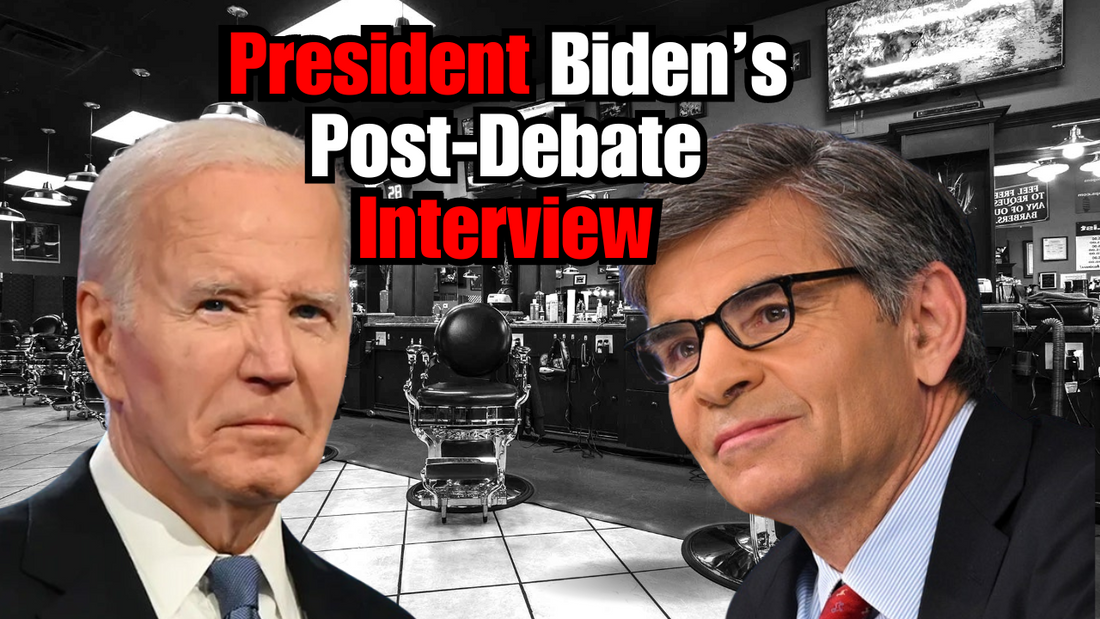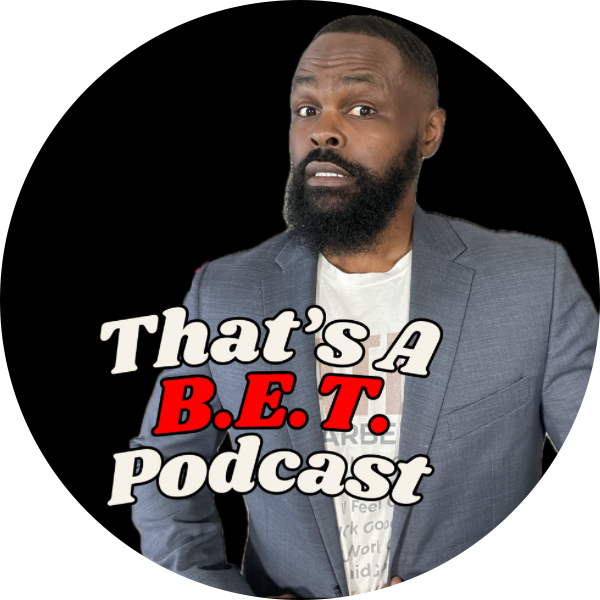President Joe Biden recently sat down with George Stephanopoulos for his first television interview since the debate, where his performance sparked numerous questions regarding his health. Here's a detailed look at the key points discussed during the interview.
Addressing Debate Performance and Health Concerns
In the interview, Stephanopoulos raised a pressing question on many Americans' minds: was Biden’s debate performance a mere bad night or indicative of a more serious health issue? Biden admitted to being exhausted and not heeding his instincts in preparation, leading to what he described as a "bad night." However, he dismissed any suggestions of a severe underlying condition.
The Fine Line Between Exhaustion and Forgetfulness
Biden’s admission of exhaustion was met with skepticism. The public's concern stems from noticeable moments during the debate where he appeared to forget or misspeak. Critics pointed out that these lapses might be more than just tiredness.
Insufficient Rest and Recovery
Despite spending time in Camp David after returning from Europe, Biden stated that he was unwell, suffering from a severe cold, which affected his debate performance. This explanation has done little to quell the concerns about his overall health and stamina.

Reaction to Debate Performance
Biden did not watch the debate afterwards, indicating that he was aware of his subpar performance during the event. He highlighted that despite the challenges, he remained committed to his preparation methods, even though they didn’t yield the desired results this time.
Public Perception and Age Concerns
The interview touched on public concerns about Biden's age, particularly in light of his debate performance. Stephanopoulos referenced recent reports suggesting that Biden’s lapses are becoming more frequent and pronounced. This aligns with a broader narrative that questions Biden's capability to handle the rigorous demands of the presidency.
Achievements and Resilience
Biden defended his record, citing significant achievements such as expanding NATO, proposing a peace plan for the Middle East, and creating new jobs. He emphasized his continued drive and ability to govern, despite acknowledging that the presidency is a demanding role that inevitably takes a toll on anyone.
Biden's Health Monitoring
When pressed about his health, Biden reassured that he undergoes daily cognitive tests and regular medical evaluations, asserting that his doctors have found no cause for concern. However, he sidestepped the suggestion of an independent neurological and cognitive assessment, which could have provided more transparency and assurance to the public.
Conclusion
President Biden's interview with George Stephanopoulos aimed to address growing concerns about his health following a lackluster debate performance. While he attributed his performance to exhaustion and illness, the public remains wary. The discussion highlighted the challenges of balancing the responsibilities of the presidency with personal health, especially as the country looks towards future leadership. Biden's resilience and commitment to his role are evident, but the debate around his health is likely to continue as he approaches the end of his term.


